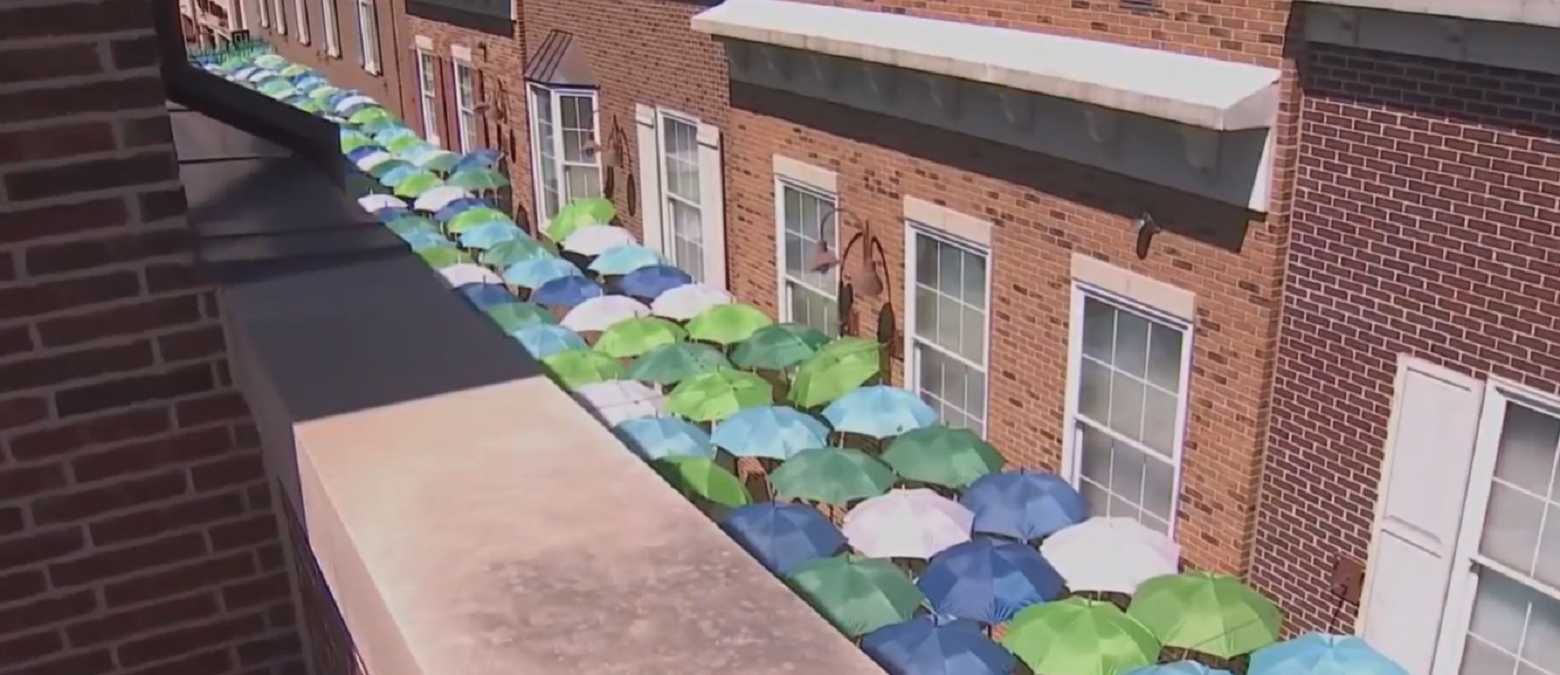Chicago Mayor Lori Lightfoot painted a grim picture for residents Thursday as she explained why officials have been so quick to enforce compliance with the state’s “stay-at-home” order in the midst of the coronavirus pandemic.
“We don’t have a vaccine, we don’t have a treatment,” Chicago Department of Public Health head Dr. Allison Arwady said. “They we do that is by stopping the infections.”
During a press conference Thursday, Lightfoot said that the city, under worst-case scenario conditions, could see 40,000 hospitalizations.
As a result, officials are working to put together emergency plans to deal with such a contingency. Efforts are underway to figure out how to outfit the east building of Chicago’s McCormick Place with hospital beds to help ease burdens on hospitals.
The Cook County Medical Examiner’s Office has also brought in mobile trailers to help with body storage in the event that deaths from the virus continue to trend upward.
Such steps are necessary, Lightfoot says, because of the severity of the crisis the city is facing.
Local
“It is sobering, which is why we are saying to people that you must stay at home. It is real,” she said.
The mayor Thursday officially closed the city’s Riverwalk, lakefront, adjacent parks, playgrounds and The 606 running trail.
Chicago police patrolling those areas gave out approximately 56 warnings to groups to disperse, Interim Superintendent Charlie Beck said. If warnings go unheeded, Chicago police are authorized to issue citations to those not following the order, with fines of up to $500 possible.



